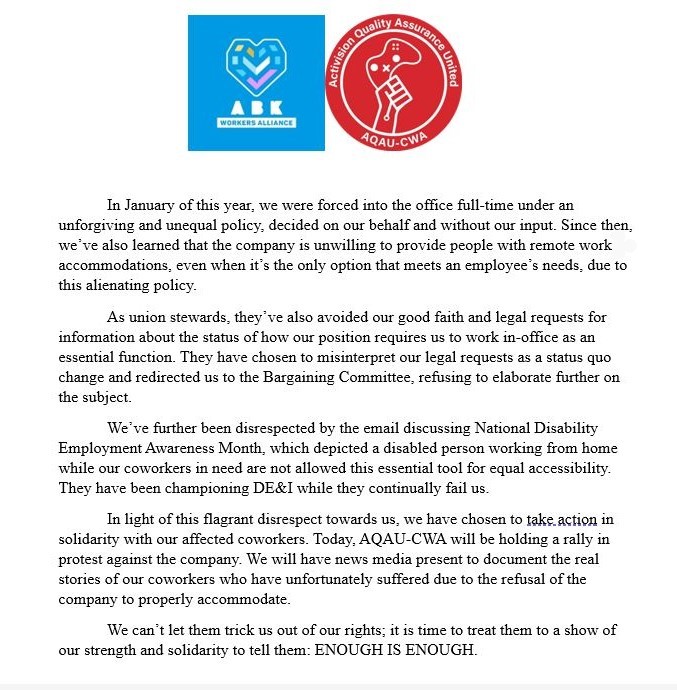- cross-posted to:
- amputee@lemmy.sdf.org
- assistive_technology@lemmy.sdf.org
- cross-posted to:
- amputee@lemmy.sdf.org
- assistive_technology@lemmy.sdf.org
Powered wheelchairs – a sector dominated by a cartel of private-equity backed giants that have gobbled up all their competing firms – have a serious DRM problem.
Powered wheelchair users who need even basic repairs are corralled by DRM into using the manufacturer’s authorized depots, often enduring long waits during which they are unable to leave their homes or even their beds. Even small routine adjustments, like changing the wheel torque after adjusting your tire pressure, can require an official service call.
People with disabilities don’t just rely on devices that their bodies go into; gadgets that go into our bodies are increasingly common, and there, too, we have a DRM problem. DRM is common in implants like continuous glucose monitors and insulin pumps, where it is used to lock people with diabetes into a single vendor’s products, as a prelude to gouging them (and their insurers) for parts, service, software updates and medicine.
Even when a manufacturer walks away from its products, DRM creates insurmountable legal risks for third-party technologists who want to continue to support and maintain them. That’s bad enough when it’s your smart speaker that’s been orphaned, but imagine what it’s like to have an orphaned neural implant that no one can support without risking prison time under DRM laws.
Imagine what it’s like to have the bionic eye that is literally wired into your head go dark after the company that made it folds up shop – survived only by the 95-year legal restrictions that DRM law provides for, restrictions that guarantee that no one will provide you with software that will restore your vision.
Every technology user deserves the final say over how the systems they depend on work. In an ideal world, every assistive technology would be designed with this in mind: free software, open-source hardware, and designed for easy repair.
But we’re living in the Bizarro world of assistive tech, where not only is it normal to distribute tools for people with disabilities are designed without any consideration for the user’s ability to modify the systems they rely on – companies actually dedicate extra engineering effort to creating legal liability for anyone who dares to adapt their technology to suit their own needs.
Even if you’re able-bodied today, you will likely need assistive technology or will benefit from accessibility adaptations. The curb-cuts that accommodate wheelchairs make life easier for kids on scooters, parents with strollers, and shoppers and travelers with rolling bags. The subtitles that make TV accessible to Deaf users allow hearing people to follow along when they can’t hear the speaker (or when the director deliberately chooses to muddle the dialog). Alt tags in online images make life easier when you’re on a slow data connection.
Fighting for the right of disabled people to adapt their technology is fighting for everyone’s rights.
Tech companies hate disabled people generally, considering one of the largest tech unions in the US had a rally about disability rights earlier today

It has yet to not shock me how many of these employers cannot see the optics of their demand to end remote work. This one is pretty bad, tho.
So, I have an electric wheelchair… I guess I’m lucky because there’s no DRM. It’s not a “smart” chair. It folds and unfolds itself and has a remote control, that’s about as fancy as it gets.
But just about every piece of it is user replacable.
https://comfygomobility.com/products/iq-7000-electric-wheelchair-replacement-parts
Of course, Medicare didn’t pay for it either, I bought it out of pocket.
Folks using any sort of adaptive equipment already have an increased likelihood of repair challenges. This move is not surprising, I suppose, with all sorts of things moving to unnecessary subscriptions or repair materials only available to dealers. However, in the US (ostensibly), anything sold thru Medicare etc can be regulated easier than a farm tractor or access van. Maybe there is hope.




